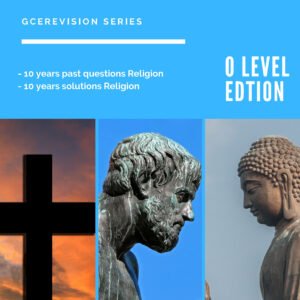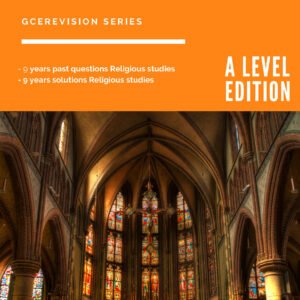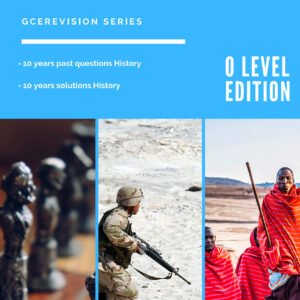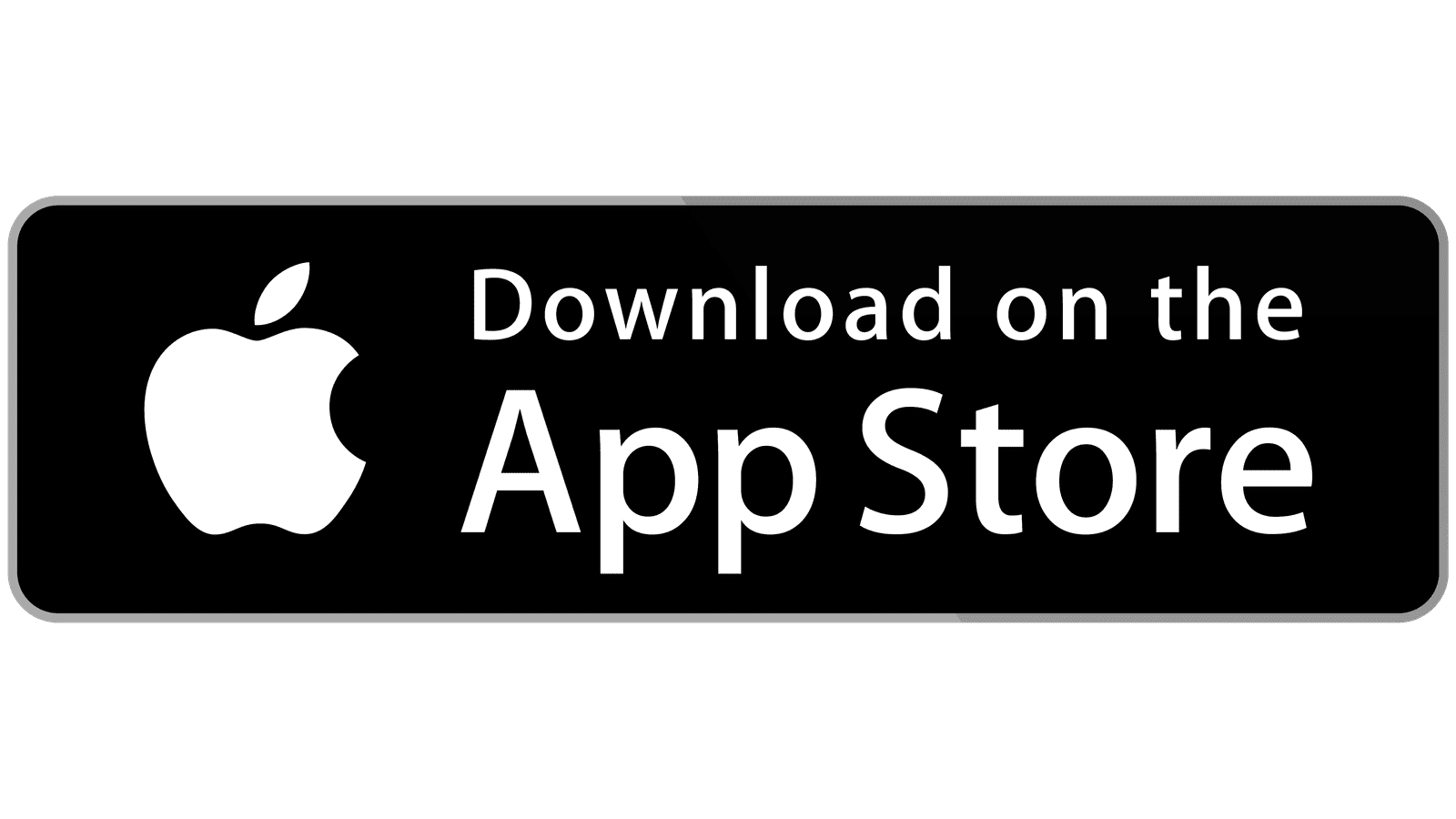The Economic Community of West African States (ECOWAS)
The Economic Community of West African States (ECOWAS) was found in 1975 when the Treaty of Lagos was signed. The headquarters of ECOWAS is Lagos while that of the ECOWAS fund is Lome in Togo. It initially had 15 member states namely Nigeria, Ghana, Sierra Leone, the Gambia, Niger, Benin, Burkina Faso, Mali, Guinea Conakry, Senegal, Ivory Coast, Mauritania, Liberia, guinea Bissau, Sao Tome and principle and cape Verte.
Aims of ECOWAS
- Eliminating duties on imports from member states.
- Removing restrictions on the free movements of persons, goods and capital among member
- To establish a common external tariff.
- To harmonise agricultural policies and promote common,projects in the member states.
- Promote cooperation and joint development of transport, communication, energy and
infrastructure facilities. - Create a fund for cooperation and development
- Promote human rights, democracy as well as efforts at achieving African unity.
- Maintain peace and security and friendly relations among member states.
The Main Organs of ECOWAS
- The Authority of Heads of States and Governments: It is made up of the Heads of States
and Heads of Governments of.member states. It is the supreme body of ECOWAS and has authority over the other organs. The Council of ministers reports difficult matters to it for a final decision to be taken.
- The Council of Ministers: It is made up of two representatives from each member state. It
meets twice a year. The Council sees to the smooth running of ECOWAS. To do this, it is assisted by four technical commissions. The Council takes decisions on reports drafted by these commissions. Matters which could not be resolve by a unanimous decision are suffered to the Authority of Heads of States and Governments. - The Executive Secretariat: It is headed by an executive Secretary_who is elected for four
years. It executes the decisions taken by the Council of, ministers and’ carry out the day to day running of the community. - The Technical Commissions: There are four technical commissions.
- The trade, customs, immigration, monetary and payments commissions.
- The industry, agriculture and natural resources commission.
- The transport, telecommunication and energy commission.
- The social and cultural affairs commission.
The commissions investigate and make reports on the specified issues assigned to them.
- The Fund for Co-operation, Compensation and Development.
- Its duty is to give compensation and other forms of assistance to member states.
- It gives loans and subsidies to member states for projects or schemes which are of interest to
the community.
- The Tribunal of the Community: It is the court of the community. it ensures the proper
interpretation and the respect of the laws of the community.
Successes of ECOWAS
- A greater economic cooperation exists among the member states. Land- locked countries like Burkina Faso and Niger have been benefitting from other member states by the coast. They used the territories of coastal states for transit and their sea port for export and import.
- ECOWAS is credited for the elimination of entry visa among member states.
- The ECOWAS Monitory Group (ECOMOG) forces was created to maintain peace and it successfully maintained peace in Liberia.
- It established the ECOBANK in 1984 to facilitate financial transaction within the community.
- The removal of trade barriers increases market possibilities.
- The creation of ECOWAS has provided a base for member states to put up a united front on global issues.
- The community has also established a special fund for the development of energy and telecommunication.
Failures of ECOWAS
- The problem of different currencies is a hindrance towards the formation of a single market. There are about 10 different currencies in the community.
- There are linguistic and cultural differences. ECOWAS is made up of French, English and Portuguese speaking countries.
- There are still barriers to free movements of goods and persons e.g Nigeria expelled illegal immigrants from some member states in 1983.
- Trade among member states is still very low. Member states trade more with Asia, Europe and America than with their neighbours.
- The more prosperous countries like Nigeria dominate and benefit more from ECOWAS than other member states.
- Human rights are not respected in some member states.
- A large gap in development exist rich states like Nigeria and Ivory Coast and poor states like Niger and Mali.











zgl
June 12, 2021
Thank the notes are very useful I advice student to visualize them